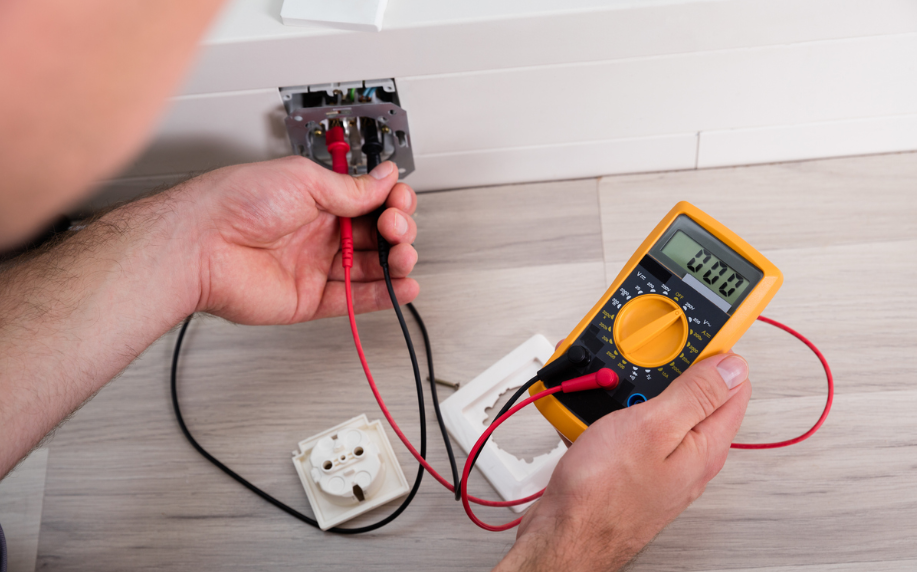When it comes to electrical safety, having the right tools is crucial. Among these, a circuit tester in NZ is an essential device for both professionals and DIY enthusiasts. Whether you’re performing routine checks or diagnosing electrical issues, understanding the role of a circuit tester can save you from potential hazards.
What is a Circuit Tester?
A circuit tester is a tool used to determine if an electrical circuit is complete and operational. It checks for the presence of voltage and helps identify faults in wiring and components. This device is indispensable for anyone dealing with electrical installations or maintenance.
Types of Circuit Testers
There are various types of circuit testers available, each suited to specific tasks:
1. Non-Contact Voltage Testers
These are handy for a quick check to see if a wire is live. They are easy to use and provide a safe way to detect voltage without touching the wire directly.
2. Continuity Testers
These testers check if a circuit is complete by sending a small current through the circuit. If the current flows, the circuit is intact. This type is particularly useful for checking fuses, switches, and connections.
3. Multimeters
A multimeter combines several measurement functions in one device. It can measure voltage, current, and resistance, making it a versatile tool for more detailed diagnostics.
Why You Need a Circuit Tester
Using a circuit tester ensures that electrical work is done safely and effectively. Here are some reasons why you should consider having one:
- Safety: It prevents accidental electrocution by verifying that circuits are not live before you begin work.
- Efficiency: Quickly identifies issues in a circuit, saving time in troubleshooting and repairs.
- Accuracy: Provides precise readings that help in diagnosing and fixing electrical problems accurately.
Circuit Breaker in NZ
When working with electrical systems, it’s also important to understand how a circuit breaker in NZ functions. A circuit breaker is a safety device that automatically stops the flow of electricity in a circuit if it detects an overload or short circuit. This prevents damage to the electrical system and reduces the risk of fire.
Conclusion
Incorporating a circuit tester in NZ into your toolkit is a smart move for anyone dealing with electrical systems. It not only enhances safety but also improves efficiency and accuracy in electrical work. Whether you’re a professional electrician or a DIY enthusiast, understanding and using a circuit tester can make a significant difference in your projects.



